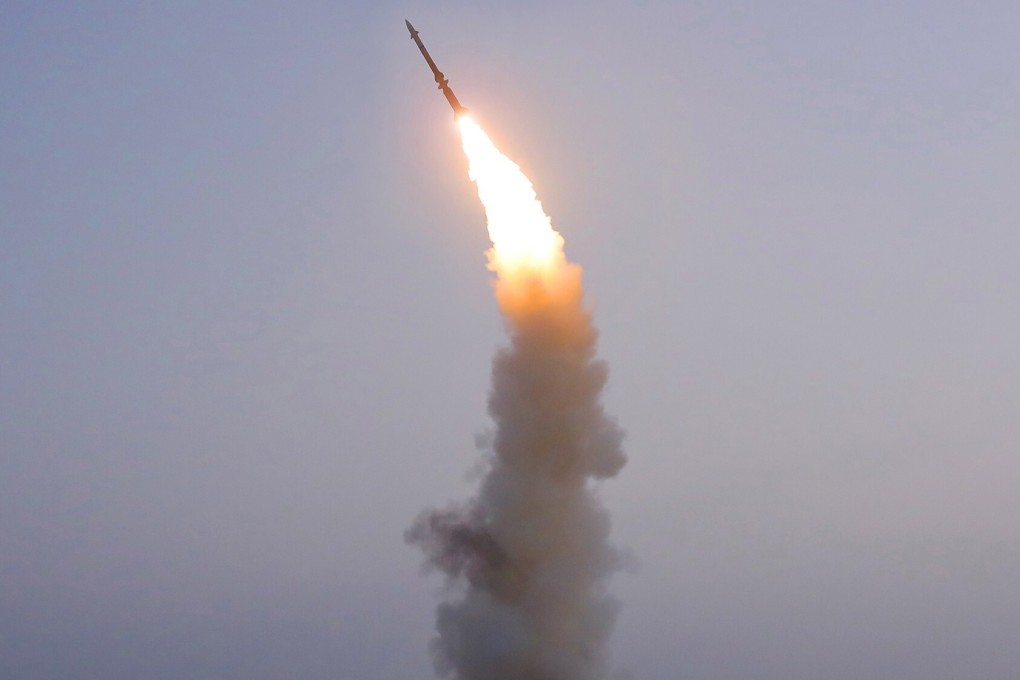Advertisement
North Korea’s missile tests fuel nuclear weapons talk among Seoul, Tokyo conservatives
- Worries over Pyongyang’s nuclear arsenal have been buoyed by uncertainties over Washington’s security commitments to the region and China’s rise
- A report by ex-presidential adviser Moon Chung-in says Tokyo and Seoul should improve relations as part of avoiding a ‘nuclear domino’ effect in the region
Reading Time:3 minutes
Why you can trust SCMP
7

North Korea’s expansion of nuclear and missile capabilities have encouraged conservatives in the South and Japan to support nuclear rearmament, a Seoul-based former presidential adviser has said.
Moon Chung-in, head of the Sejong Institute, said that such talk has been buoyed by uncertainties over Washington’s security commitment to the region and China’s rise.
He pointed to estimates that found Pyongyang could increase its nuclear arsenal by six to twelve warheads a year as part of its second strike capability against the US mainland and to deter action against it by South Korean and American forces in the region.
Advertisement
Further assertive moves by the hermit kingdom could “bring back pronuclear sentiment in South Korea’s public opinion”, Moon said, though he acknowledged that a “nuclear domino” effect was unlikely.
“Japan and South Korea possess fissile materials and technological capabilities,” said Moon Chung-in, who has provided counsel to South Korean President Moon Jae-in.
Advertisement
Advertisement
Select Voice
Choose your listening speed
Get through articles 2x faster
1.25x
250 WPM
Slow
Average
Fast
1.25x